Ethiopia's Tigray crisis: US calls for Eritrea troops to withdraw
- Published
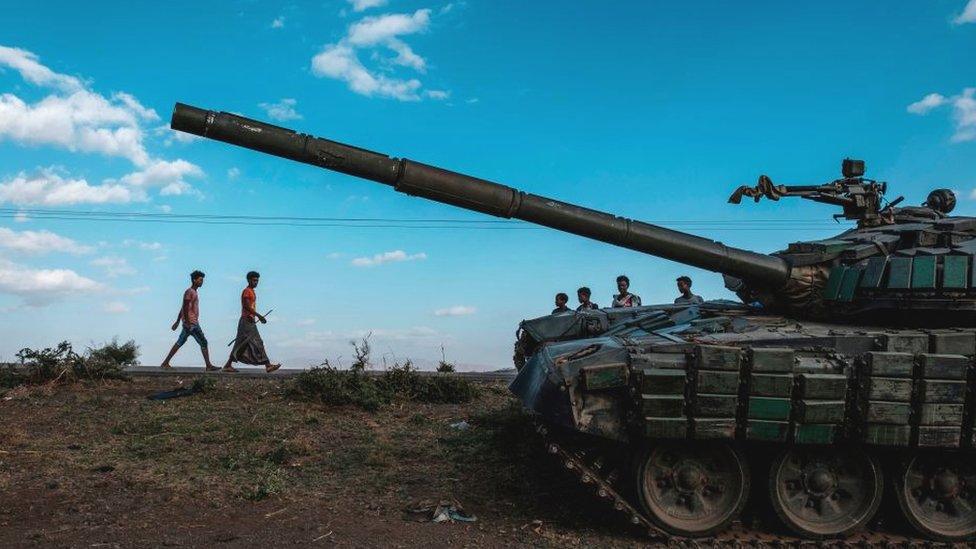
The Ethiopian government has repeatedly denied targeting civilians during its operations
The US has called for the immediate withdrawal of Eritrean troops in Ethiopia's Tigray region.
"Credible reports" had emerged of their involvement in human rights abuses, including sexual violence and looting, the state department said.
This is its first statement on the conflict since the Joe Biden administration took office last week.
Both the Eritrean and Ethiopian governments deny that Eritrean forces are in Tigray, which borders Eritrea.
Eritrea is a highly militarised one-party state ruled by President Isaias Afwerki since 1993.
Thousands of people have been killed and about two million people, or one-third of Tigray's population, have fled their homes since conflict broke out in early November.
Dialogue between the Ethiopian government and Tigrayans was "essential", and humanitarian aid needed to be "mobilised" immediately because of "credible reports" that hundreds of thousands of people may starve to death, the US state department said.
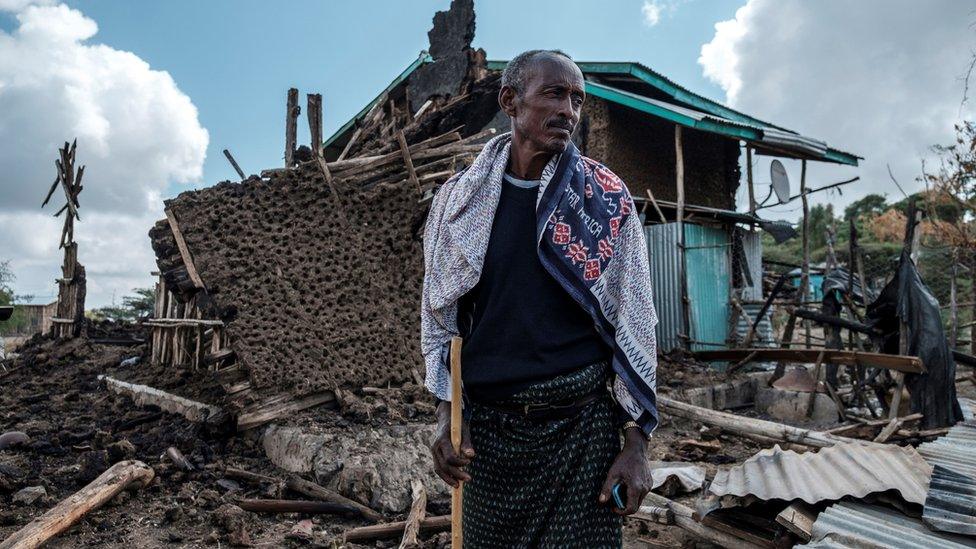
The conflict in Tigray has caused widespread destruction
Eritrea appeared to have launched artillery attacks from its side of the border, and had troops in Tigray, though the exact number was unclear, it said.
"The United States has made clear its position that all Eritrean troops need to leave Tigray immediately, given credible reports of looting, sexual violence, assaults in refugee camps and other human rights abuses.
"There is also evidence of Eritrean soldiers forcibly returning Eritrean refugees from Tigray to Eritrea," it added in a statement.
Nearly 100,000 Eritreans had lived in four camps in Tigray after fleeing political persecution and military conscription over the last decade.


Ethiopian Prime Minister Abiy Ahmed won the Nobel Peace Prize in 2019 for restoring relations with Mr Isaias' government, almost two decades after the two nations fought a border in Tigray that left up to 100,000 people dead.
Last month, Mr Abiy admitted that Eritrea had hosted armed Ethiopian troops who had retreated to its territory after the TPLF captured their bases in Tigray in early November.
However, he did not acknowledge that Eritrean troops had entered Tigray to bolster the fight against the TPLF.
'Residual fighting continues'
The TPLF had been the ruling party in Tigray for almost three decades. It said it had seized the military bases in a "pre-emptive strike" following a breakdown in relations with Mr Abiy's government.
Mr Abiy responded by ordering air strikes and a ground offensive to oust the TPLF from power. He declared the operation over after the capture of the regional capital, Mekelle, at the end of November.
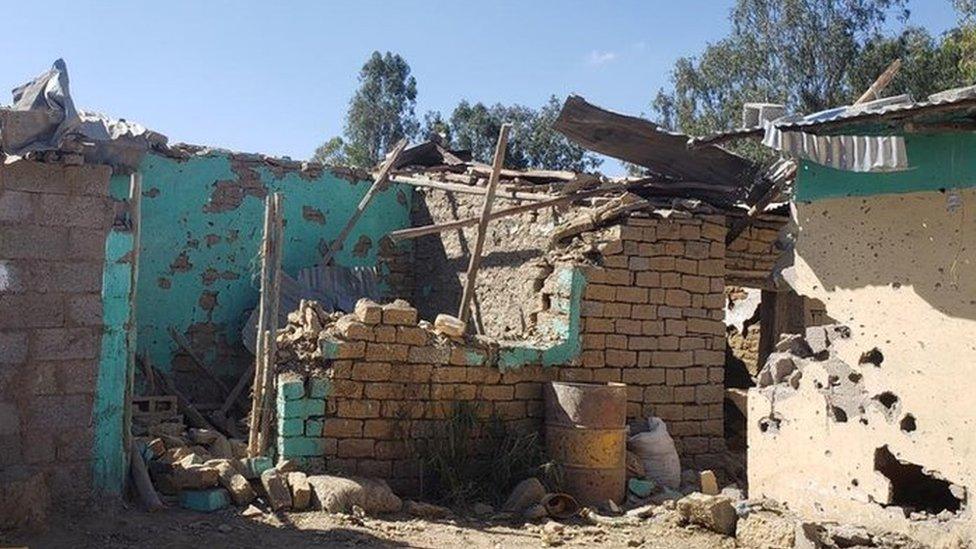
Residents of Mekelle say Ethiopian shelled their city
He rejected calls for mediation to end the conflict, saying Ethiopia would not accept foreign interference in its affairs.
The US said "residual fighting" was still taking place, and there was the risk of "a long-running insurgency in Tigray that will destabilise northern Ethiopia and worsen ethnic tensions throughout the country".
"That could not only put at risk US-endorsed democratic and other reforms by Prime Minister Abiy Ahmed," the statement said.
"It could also exacerbate instability in neighbouring Somalia, from where Ethiopia has already withdrawn some of its peacekeeping forces, and even in Sudan, where the transitional government is already grappling with serious problems."
Three consequences of the ongoing crisis in Tigray
Analysts had estimated before the conflict that the TPLF had up to 250,000 fighters. It is unclear how many it had lost in the conflict.
TPLF veterans killed include former Ethiopian Foreign Minister Seyoum Mesfin, while Abay Weldu, the Tigray regional government's former president, has been captured.
Tigrayans make up around 6% of Ethiopia's more than 110 million population.
- Published18 January 2021
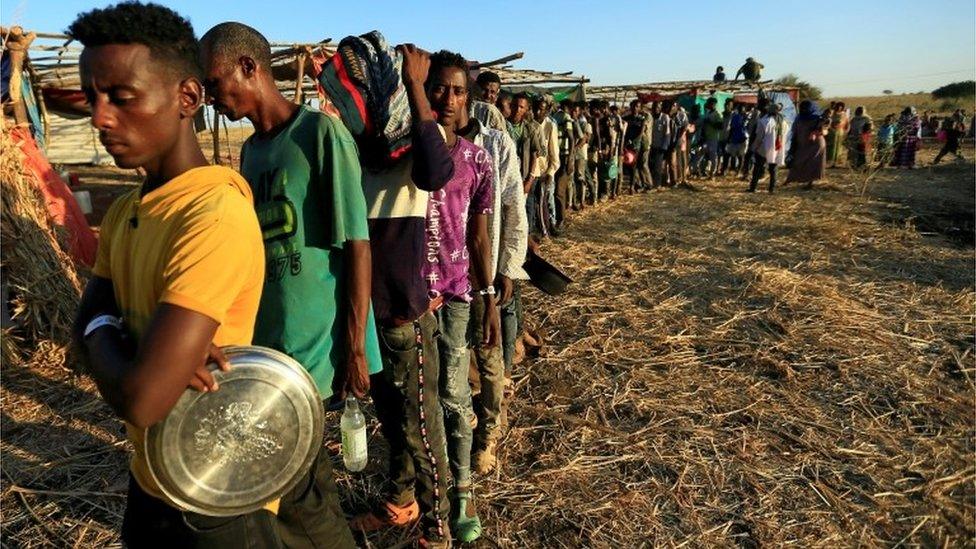
- Published10 December 2020
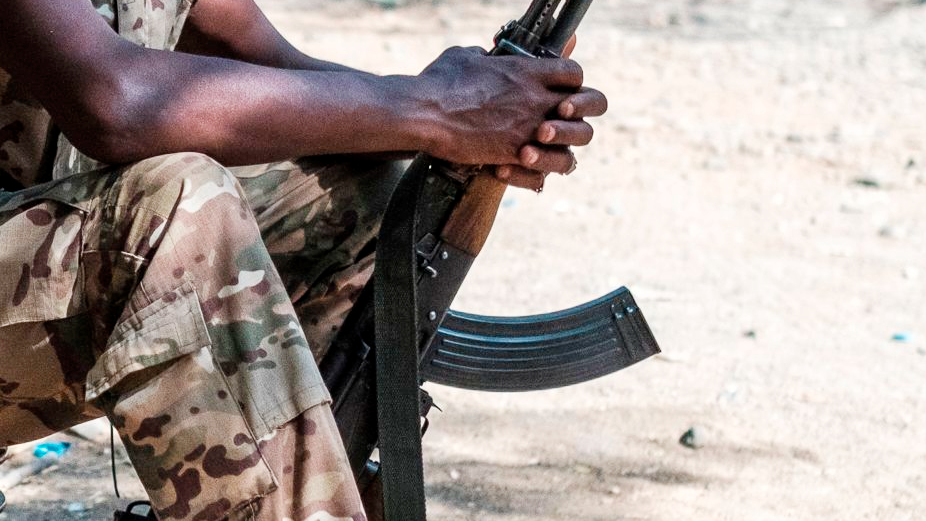
- Published17 December 2020
